Why is gardening good for the environment? Gardening is more than just a hobby, it’s an important part of eco-friendly living. Gardeners are often more active and eat healthier foods because they grow their own produce.
I’ll cover many ways gardening is good for the environment, including how it helps reduce air and noise pollution and fights global warming.
Gardening is an excellent hobby with many benefits for the gardener and the environment. It enriches the lives of those who engage in it, making it an excellent way to introduce children to the wonders of nature.
7 Key Takeaways on Why Is Gardening Good for the Environment
- Gardening helps fight global warming by acting as a natural air filter. It absorbs carbon dioxide and other pollutants while producing oxygen.
- Healthy gardens prevent soil erosion and maintain nutrient cycles. Plant roots bind the soil, absorb chemicals and heavy metals, and enhance soil quality.
- Gardens create habitats for local wildlife, including birds, bees, butterflies, and other pollinators. This biodiversity supports pollination, which is crucial for plant reproduction.
- Home gardening reduces landfill waste by allowing for composting of kitchen scraps and yard waste.
- Growing food locally through home gardening decreases reliance on industrial food production. It also reduces carbon emissions from moving and packing food.
- Rooftop gardens mitigate the urban heat island effect, reducing temperatures in cities. They provide shade and cooler surroundings, making urban areas more comfortable.
- Planting trees around homes can cut energy bills. They provide shade in the summer and windbreaks in the winter.
Why Is Gardening Good for the Environment?
Gardening offers a lot of environmental benefits that contribute to a healthier planet. It promotes a deeper knowledge of nature. It also encourages sustainable practices and strengthens our connection to the natural world. Let’s explore the top reasons why gardening is good for the environment.
1. Gardening Helps Clean the Air and Fight Global Warming
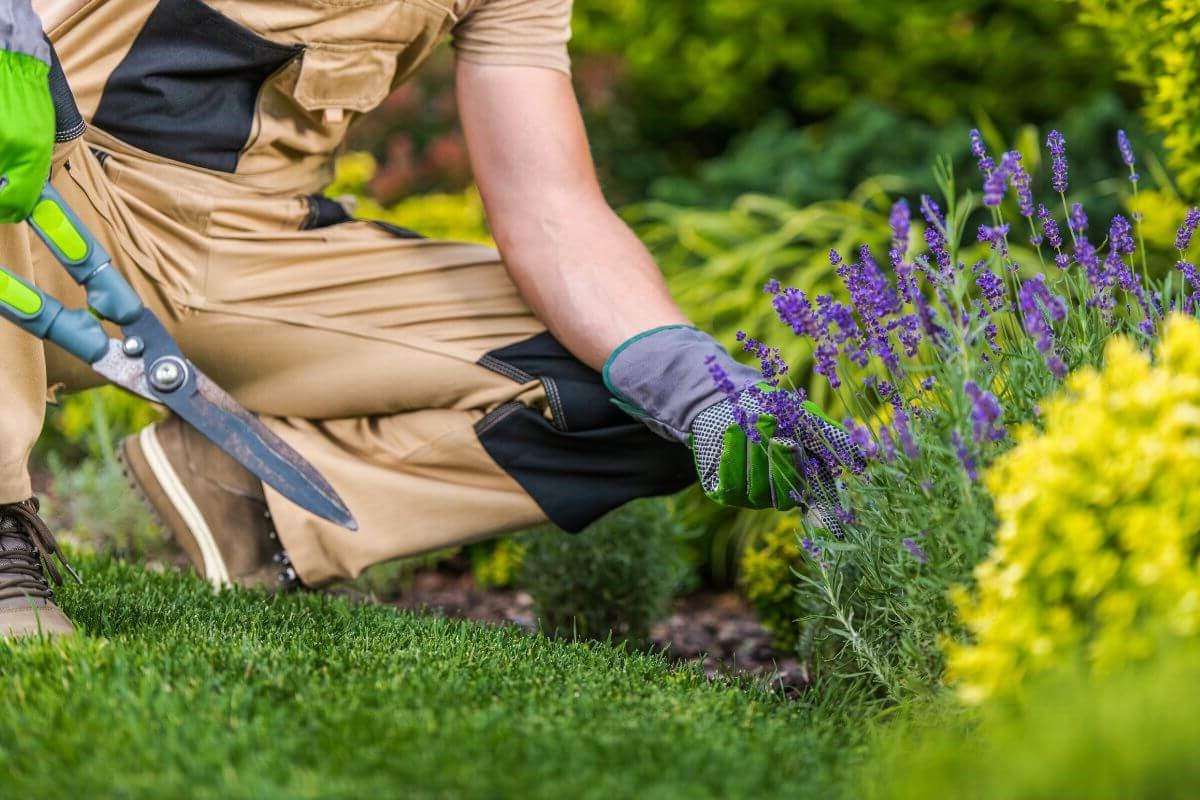
When you plant a garden, you create a natural air filter that makes a quick environmental impact. Plants absorb carbon dioxide from the atmosphere and use it as fuel, producing oxygen that we breathe. As plants die and decompose, they release nutrients into the soil, supporting new plant growth.
Gardens play an important role in fighting air pollution by absorbing toxins. Planting trees and other plants cleans our air. It fights climate change by soaking up carbon dioxide and other heat-trapping gases. This action helps cool the planet, slows the melting of ice caps, and reduces rising sea levels.
Gardening acts as a carbon sink, helping to remove CO2 from the atmosphere and reduce the effects of climate change. We can contribute to oxygen production, cleaner air, and a healthier planet by planting gardens.
- Read more about the Best Air Cleaning Plants
2. Gardening Protects and Replenishes the Soil
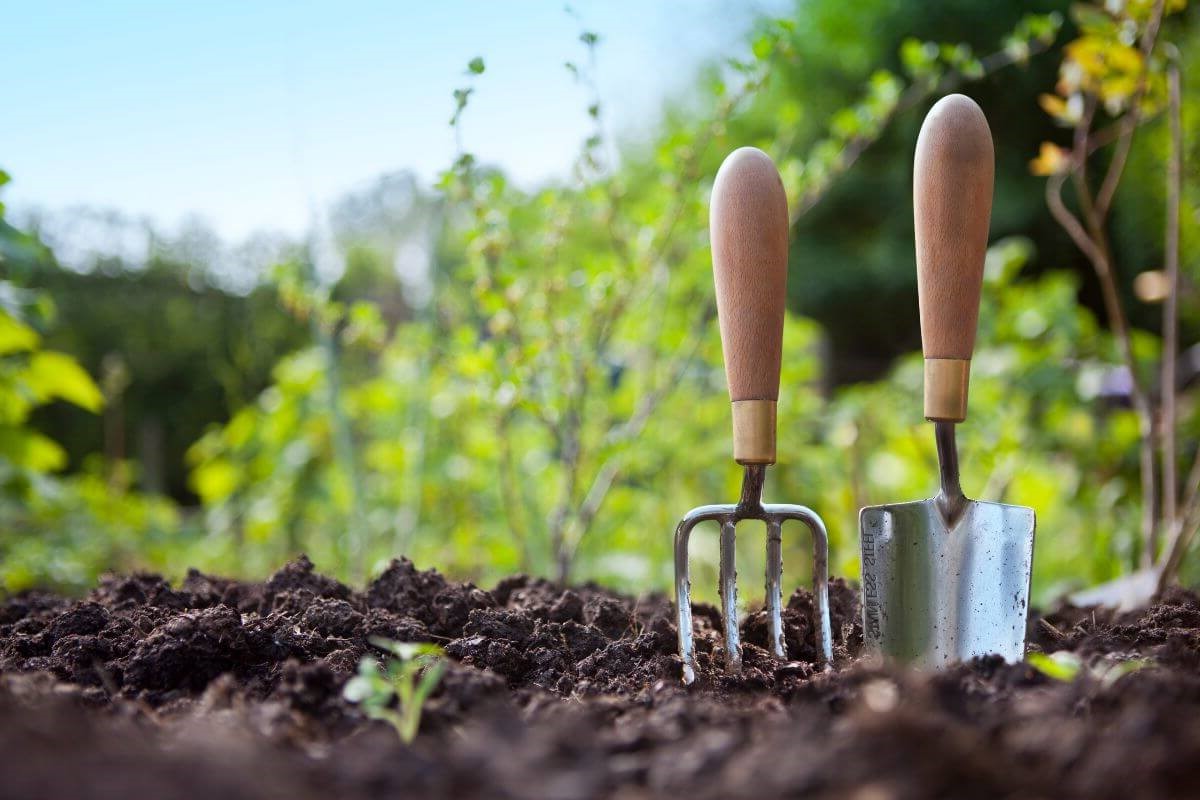
Healthy soil is essential for a garden to thrive, as it supports plant growth and helps prevent soil erosion. Soil consists of organic materials, including dead bacteria, fungi, insects, animals, and plants. These components are vital to maintaining good soil quality.
Organic material breaks down over time and releases nutrients back into the soil. The soil becomes depleted of nutrients without this cycle.
Plant roots play an important role. They bind the soil to protect it from being washed away in heavy rains. They also absorb chemicals and heavy metals. Extensive root systems also help prevent topsoil from shifting during storms.
Roots support plant growth by absorbing nutrients and water, which contributes to overall plant health. When annual plants die, they decompose and enrich the soil, providing nutrients for the plants of the following year.
3. Gardening Supports Local Wildlife and Pollinators
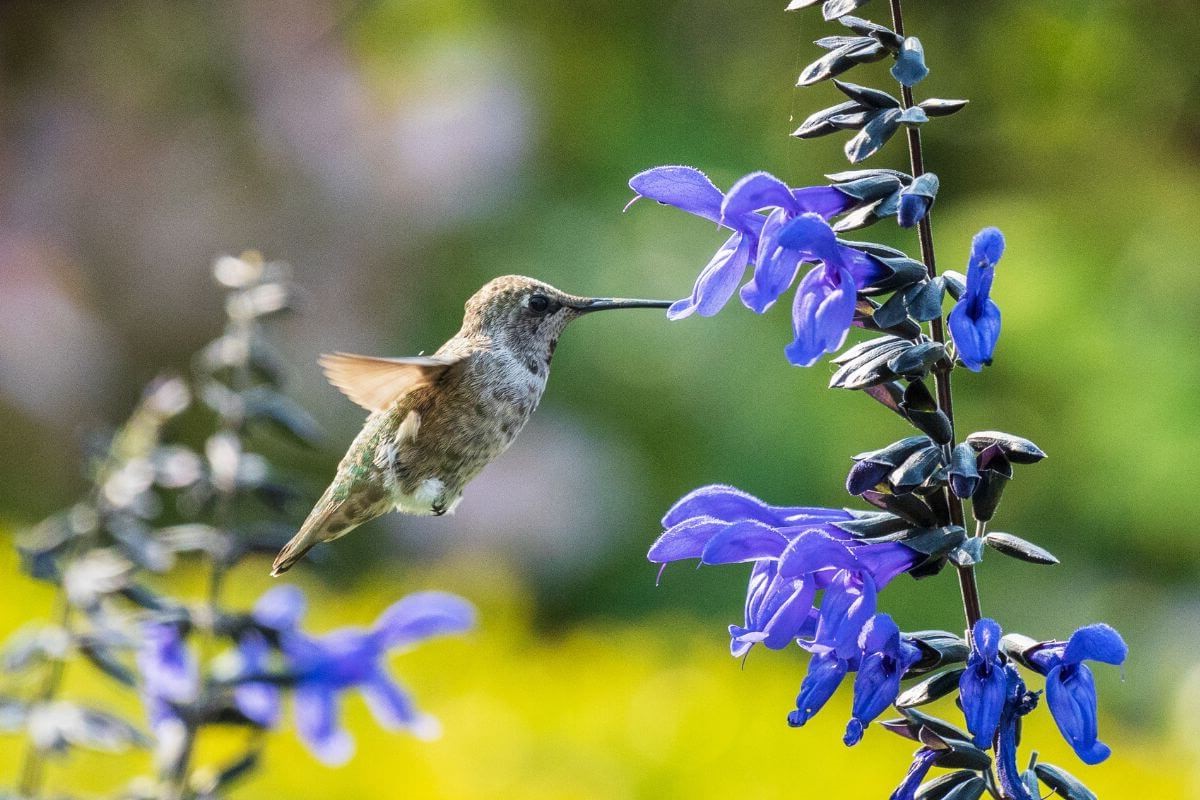
Gardens provide habitats for wildlife. They create a sanctuary for local birds, butterflies, bees, bats, and other pollinating insects. Planting trees and various plants offers comfortable and secure places for these creatures to thrive.
Introducing fragrant flowers and fruit trees into your garden can attract pollinators. These additions make your garden more beautiful. They also provide nectar and pollen. Many birds and insects rely on them.
Welcoming many types of plants and making habitats for wildlife can transform your garden. It will improve your connection with nature.
4. Gardening Helps Reduce Landfill Size
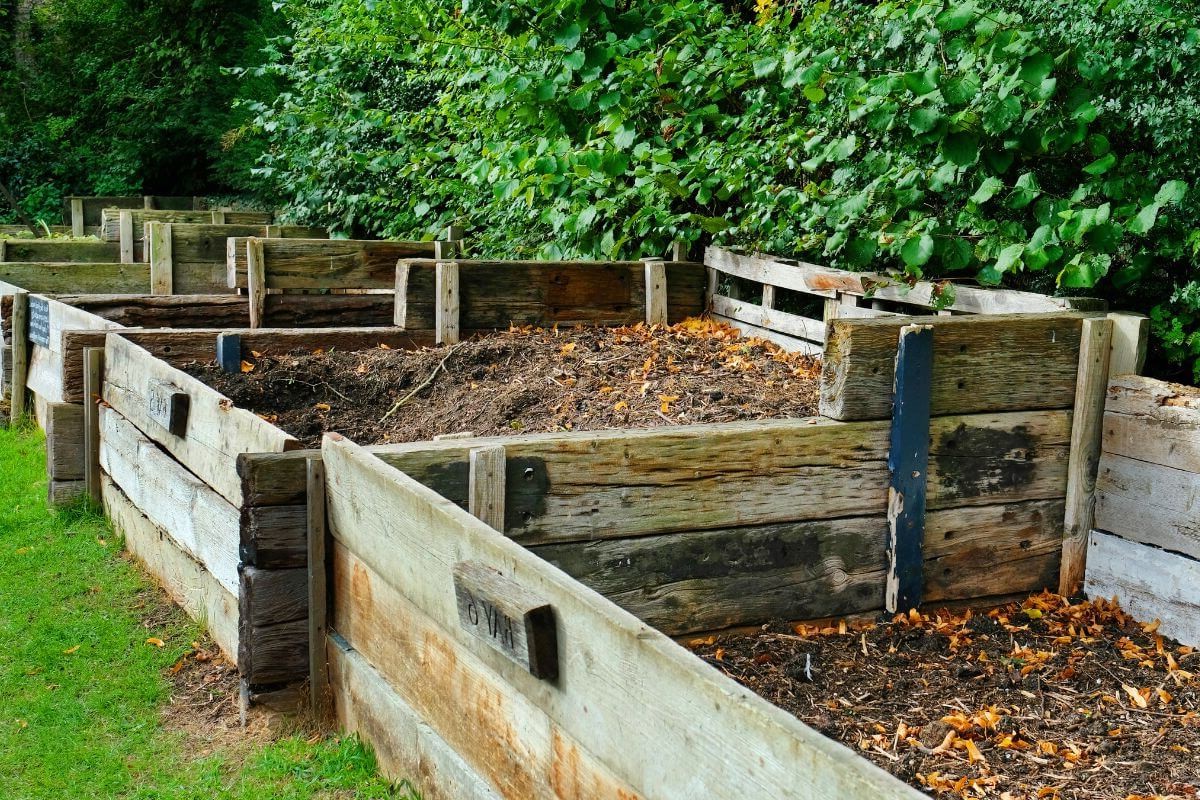
Home gardening allows you to grow your own source of food and cut down on store purchases. This reduces harm to the environment. It lets us compost food scraps instead of throwing them into landfills. In landfills, the scraps release harmful greenhouse gases.
We should minimize landfill use. Kitchen scraps and yard waste are natural. They are suitable for recycling or composting. Organic gardening benefits include composting to recycle organic materials.
Creating a compost pile is a wonderful way to improve your soil and reduce the garbage you produce to make the earth cleaner. You can use this compost as fertilizer instead of chemical fertilizers.
Position compost bins or piles close to the house for easy access whenever necessary. Composting requires some work, but it’s worth it. Put a good 50/50 mix of brown and green items into the bin for optimal decomposition.
Use these labels as a guide for brown vs. green compostable items:
- Brown – Leaves, twigs, paper, eggshells, coffee grounds, etc.
- Green – Fruits, veggies, coffee grounds, tea bags, cardboard, eggshells, etc.
Turning the compost every few days also speeds up the decomposition process.
5. Organic Gardening Lowers Your Carbon Footprint
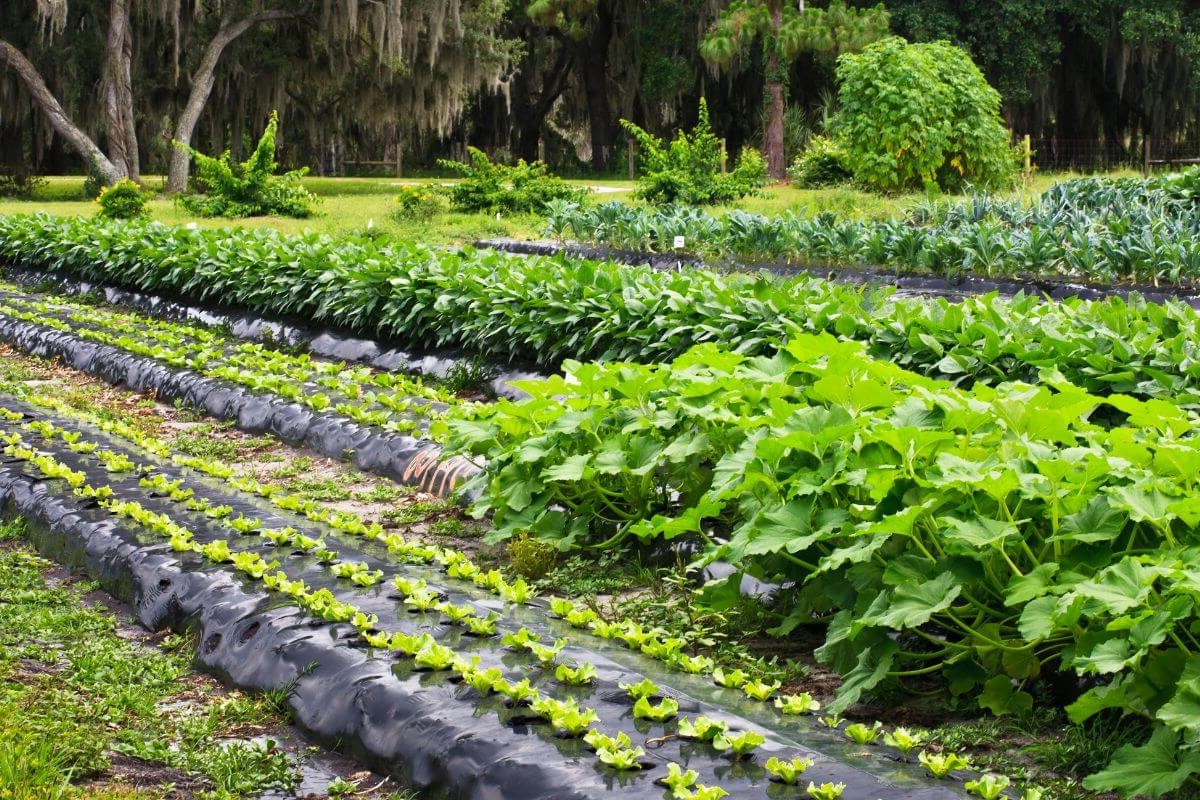
The U.S. Environmental Protection Agency (EPA) says that food production is 25% of global carbon emissions. This is from a worldwide industry.
Locally grown vegetables help cut carbon emissions. This cuts our carbon footprint. Harvesting an accessible source of fresh food eliminates the need for plastic packaging, reducing the use of fossil fuels.
You can also acquire the many health benefits of organic, nutritious food by home gardening. These include better nutrition and heart health. They also lower illness risk.
Not only do home gardens benefit the environment, but it also benefits you. They encourage talking to neighbors. This creates a sense of connection, which positively impacts mental health.
Gardening also benefits physical health, combining physical activity with social interaction. People who have at least 120 minutes per week of exposure to nature are more likely to record improvements in their health and well-being (source).
6. Rooftop Gardening Helps Cool City Environments
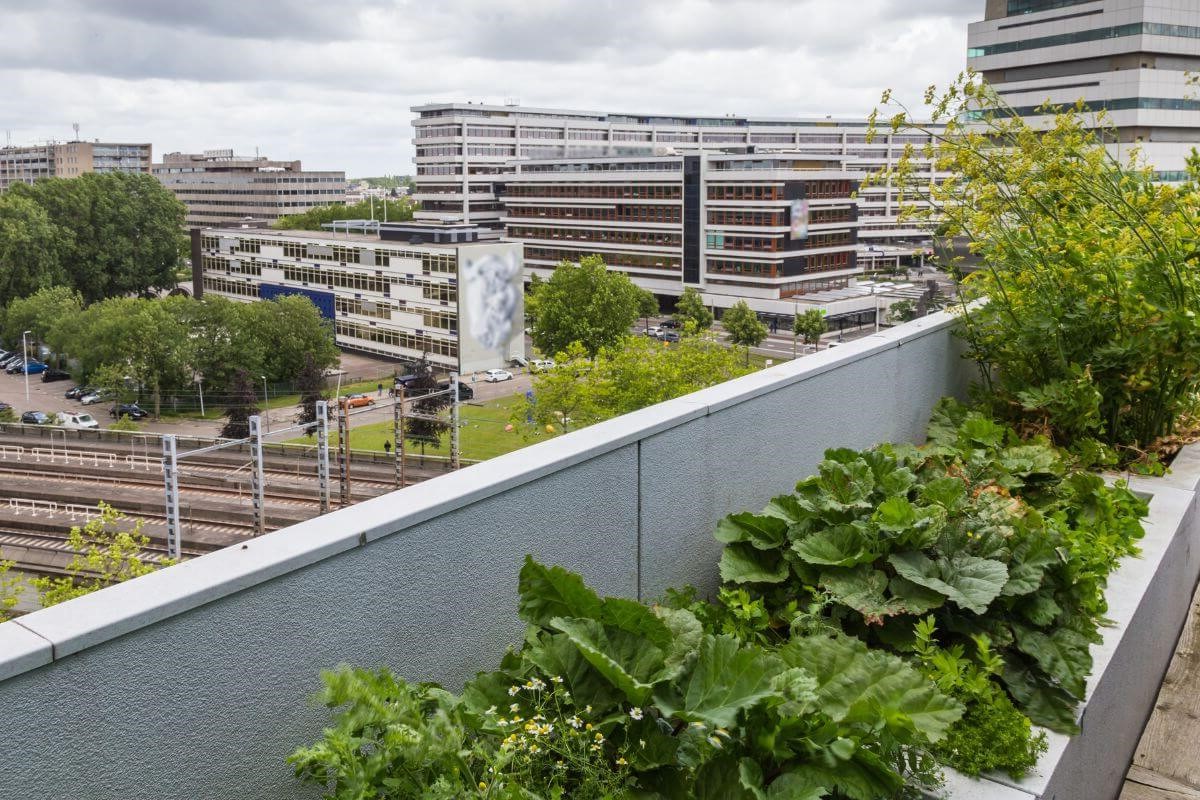
The EPA defines the heat island effect as the rise in daytime temperatures in cities by 1–7°F (-17 to -14°C) and nighttime temperatures by 2-5°F (-17 to -15°C). Rooftop gardens help fight this effect by providing shade and cooler environments.
Green roofs are essential in cities to mitigate the heat island effect. According to the EPA, a roof garden can be 30 to 40°F (-1 to -4.4°C) cooler than a bare rooftop, offering much-needed relief from urban heat.
7. Tree Gardening Helps Reduce Energy Costs
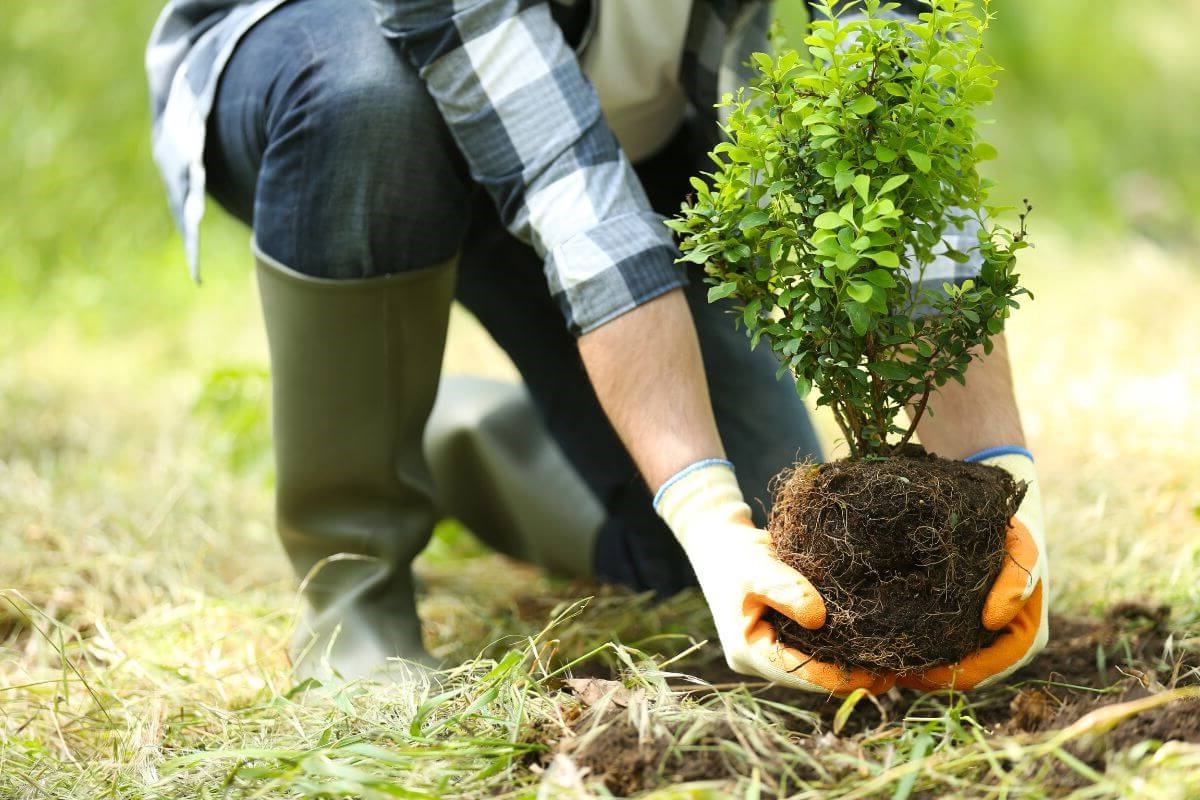
Planting trees in your yard will not only make your property more beautiful but also allow you to save on energy costs. A tree planted in your yard absorbs sunlight, which helps keep your home warmer in winter and cooler in summer.
Planting trees around your homes can lower heating and cooling bills by up to 30%. Plant these trees in front of your house and on the sunny side to create a sustainable garden.
Planting fruit trees lets you enjoy fresh produce from your own garden. They require little maintenance and attract birds. Plus, you can start a side business by growing and selling fruit trees to others.
8. Rain Gardening Reduces Water Pollution and Prevents Flooding
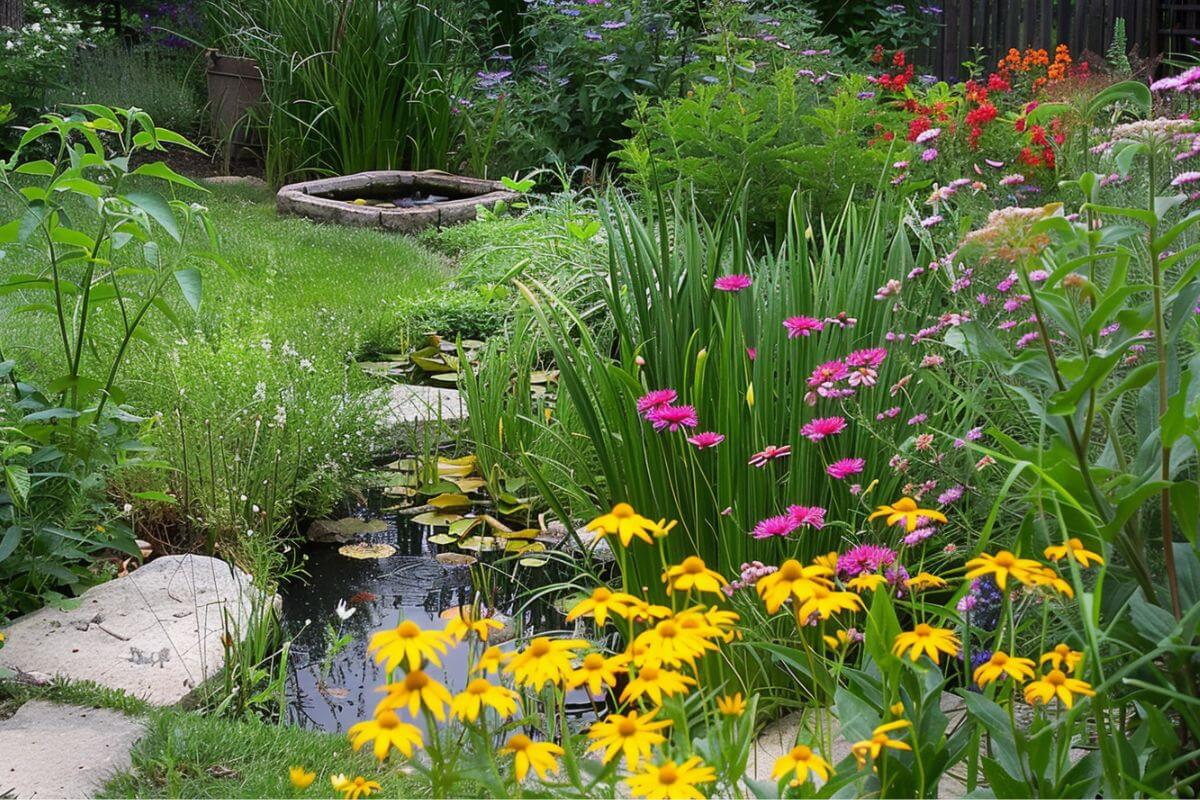
Rain gardens are eco-friendly gardening practices that reduce pollution and protect water quality. They can help filter pollutants. These include nitrogen, phosphorus, and sediments. They filter them before they reach nearby waterways.
Rain gardens can also prevent flooding. They are low-maintenance, drought-tolerant gardens designed to collect stormwater runoff.
Stormwater runoff collects in the rain garden and slowly drains through perforated pipes. If there is heavy rainfall, the water flows into underground reservoirs.
9. Gardening Helps Lower Noise Pollution
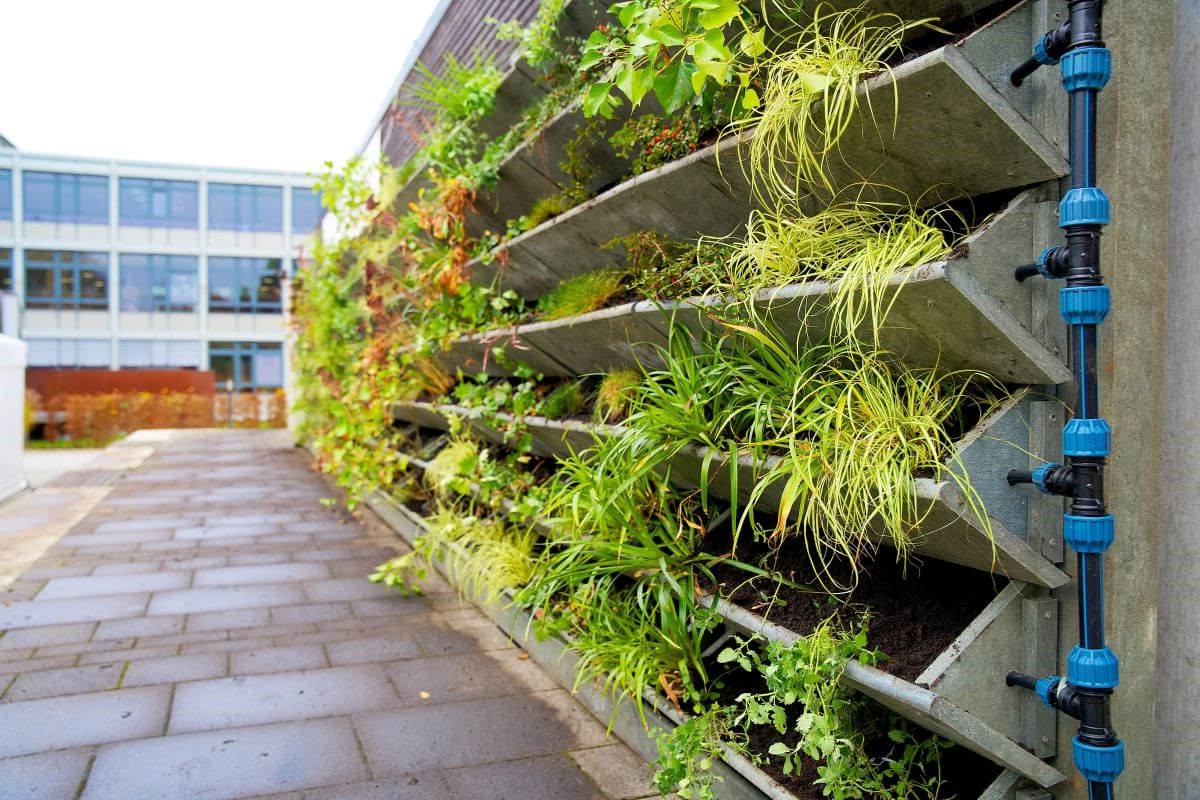
One of the many benefits of gardens is their ability to reduce noise pollution caused by traffic and construction. Plants absorb sound waves and convert them into vibrations that we feel as sound.
Trees are an invaluable tool for making a quieter environment. Many studies have shown that a row of trees can cut noise by up to 50%. We can establish a barrier between the noise source and our ears by planting garden beds with plants with large leaves and thick vegetation.
Vertical gardens have also gained popularity. They absorb the sounds of cars and trucks, helping to protect your hearing.
Why Is Gardening Good for the Environment Final Thoughts
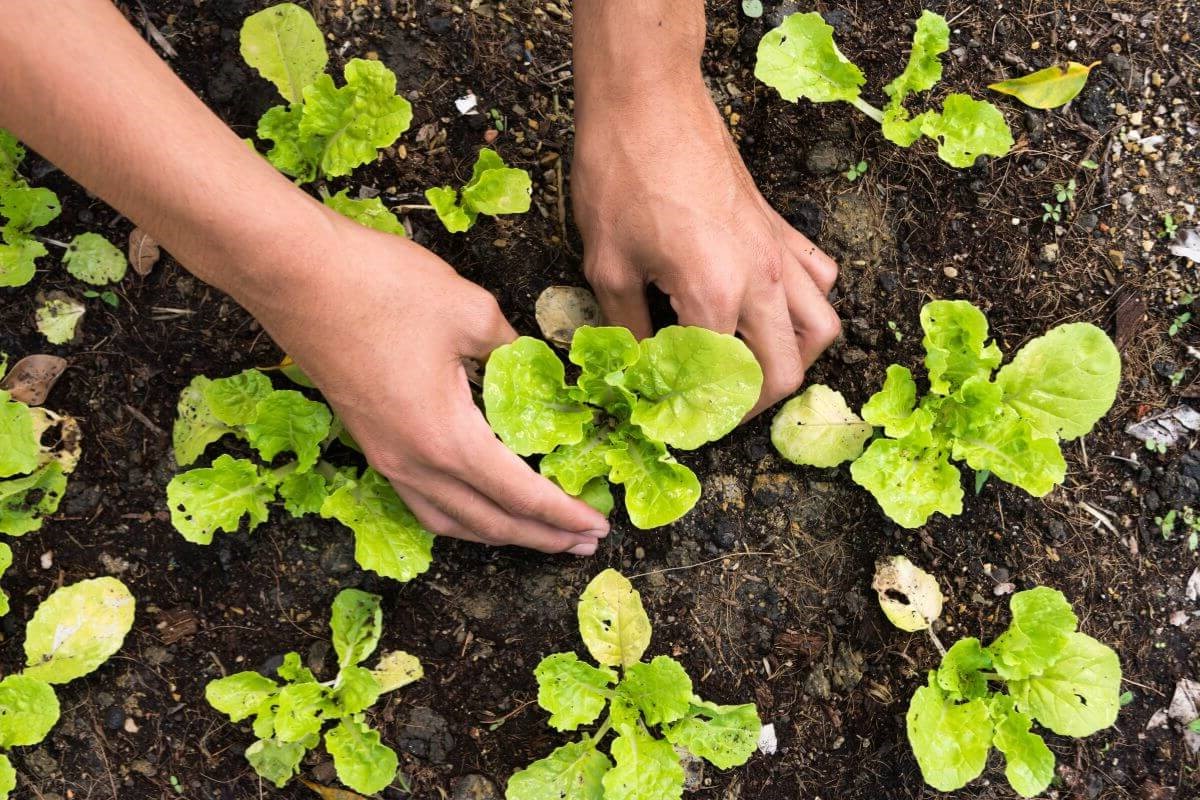
Gardening is one of the most environmentally friendly activities you can do. Home gardening has existed since ancient times and continues to evolve in vegetable gardens worldwide.
Growing your own food has many benefits, including saving time and money, reducing waste, and improving health. Other surprising benefits include cutting carbon emissions. It also makes your home more comfortable.
The positive impact on the environment would be huge if every home would have a beautiful garden. We can create this positive change and leave a better world for future generations.
Why Is Gardening Good for the Environment FAQs
1. Why Is Gardening Good for the World?
Gardening is good for the world because it helps produce fresh food, reduces pollution, and creates habitats for animals. It also promotes healthier air and soil, which is essential for a balanced environment. Overall, gardening contributes to a greener and more sustainable planet.
2. How Do Growing Plants Help the Environment?
Growing plants helps the environment by absorbing carbon dioxide from the air, reducing global warming. Plants also release oxygen, which is essential for humans and animals to breathe. They also help prevent soil erosion and provide habitats for wildlife, supporting biodiversity.
3. Why Is Gardening More Sustainable?
Gardening is more sustainable. It reduces food transport and carbon emissions. It also uses fewer chemicals. It also improves soil health and supports local ecosystems. Plus, it helps save water by using efficient watering methods.
4. Is Gardening Good or Bad?
Gardening is good because it provides fresh food, helps the environment, and is a fun and relaxing activity. It also improves air quality and supports wildlife. Gardening has many positive benefits for people and nature.
If you’re interested in learning more about gardening, check out these articles:
- https://www.ncbi.nlm.nih.gov/pmc/articles/PMC6334070/
- https://www.ncbi.nlm.nih.gov/pmc/articles/PMC9603381/
- https://marinmg.ucanr.edu/BASICS/EARTHFRIENDLY/
- https://www.epa.gov/heatislands
- https://extension.illinois.edu/blogs/ilriverhort/2020-08-03-grow-your-own-vegetables-benefit-your-health-and-environment

